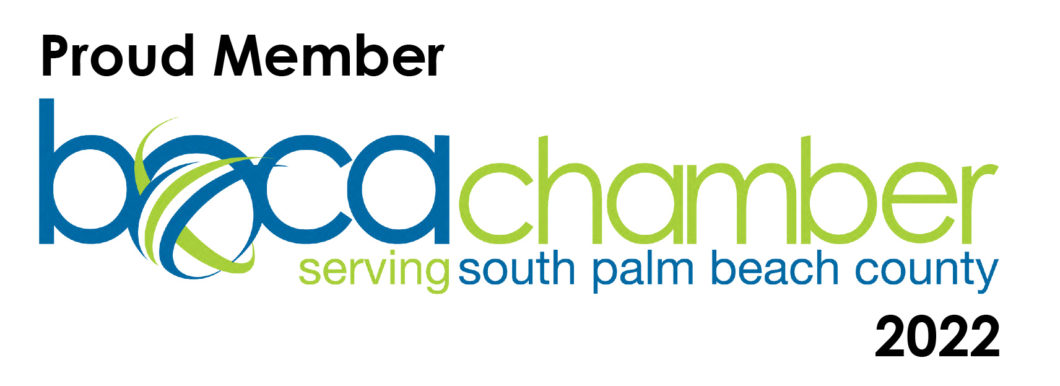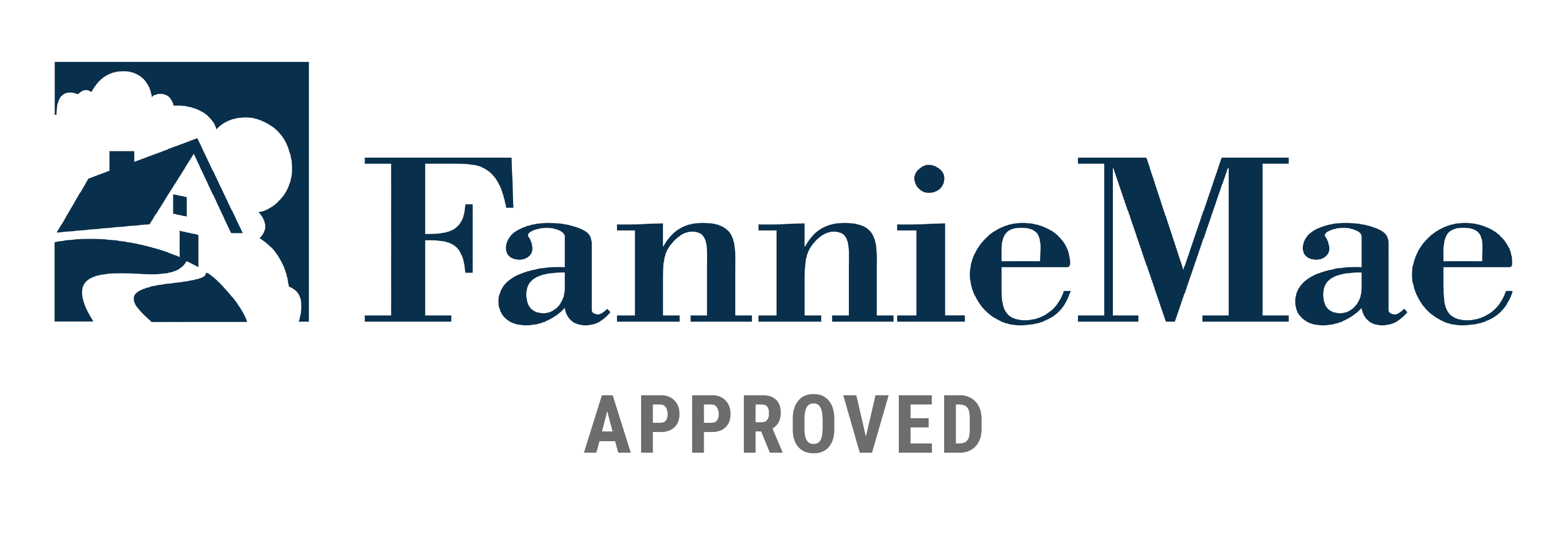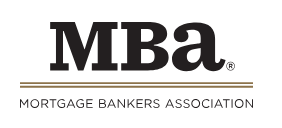The good news for renters is that the eviction moratorium put in place by the US Centers for Disease Control and Prevention (CDC) has been extended again until October 2021. The CDC Order extends the federal eviction moratorium, and the White House has called on local and state governments to work hard to distribute emergency rental aid relief. According to the CDC, the new eviction ban covers almost 80% of counties that are experiencing substantial or high levels of community Covid spread. The new CDC Order temporarily halts evictions, giving renters some reprieve in areas where Covid is spreading fast.
When the previous moratorium expired in July, there was initially some confusion about whether it had indeed been extended. Some cities and states allowed the courts to process filings in courts from landlords wanting to evict tenants who had not paid rent. In fact, some renters had already been evicted by the time the new extension to the eviction ban came into force. Whether you are a landlord or a renter in need of assistance during this time, you have options.
Who is Protected Under the Eviction Moratorium?
People living in specific areas that are identified as having high levels of Covid spread are protected. This includes those renters and landlords in the state of Florida. Although the new eviction ban is more limited than previously, it does cover a large number of areas. Renters and landlords can check to see if their area is covered by the ban on the CDC website.
In order to be eligible for protection, renters need to provide a written declaration to their landlord. If you are a renter who submitted a declaration previously to your landlord then you should remain covered. If you were evicted when the former eviction ban lapsed on July 31st then you are not covered. This means if you were evicted on August 1st to 3rd 2021, the new ban does not cover you as it does not operate retroactively.
Renters Facing Eviction – What You Need to Do
If you are a renter and you are facing eviction then you need to:
· Check your contract – you will have signed a rental agreement with your landlord so make sure you find a copy and read it.
· Know your rights – under Florida real estate law, your landlord cannot evict you without a court order.
· Communicate with your landlord and express that you are aware that there has been an extension to the eviction ban.
· Contact a legal representative who can assess your case and talk you through your options. Legal representation is crucial when it comes to navigating the fluctuating situation.
For renters who owe past rent, look to invoke the protection of the eviction ban by submitting a signed declaration to your landlord as soon as possible. Your landlord does have the right to challenge the declarations.
Eligible renters include those who:
· Have used “best efforts” to try and obtain rent assistance from the government
· Made under $99,000 in the last year
· Are unable to pay rent due to a loss of household income, or
· Have ‘extraordinary’ medical bills
· Have made efforts to make partial rent payments
· Will be rendered homeless if they are evicted
What About Previous Rent Payments?
The new moratorium does not cancel any rent payments owing, nor does it reduce the rental payments outstanding. The new extension simply protects tenants from being evicted during the moratorium period.
The aim of the moratorium is to ensure that the local and state governments have the time they need to distribute the rental assistance monies they have received from the Federal government. There is currently approximately $46.5 billion in rental assistance money that needs to be distributed. Florida has only managed to distribute 2% of its allocated funds.
Renters should continue to pay rent if they can, or pay as much of it as they can. The declaration you send your landlord requires renters to agree to make partial rental payments if circumstances allow it.
Landlords – What You Need to Do
If you are a landlord and you have tenants who owe back rent payments, then you should:
· Seek legal advice about the options available to you
· Your legal advisor should be able to find what local rental assistance program you can have access to
· Inform your tenant about the availability of rental assistance programs
· Check your paperwork to see if your tenant has submitted a declaration
· If you feel the declaration is insufficient you can object to it on certain grounds
Although the CDC Order has extended the moratorium, it is likely that some landlords could challenge the decision to extend. David Howard, Executive Director of the National Rental Home Council has indicated that the extension of the moratorium exceeds the statutory and constitutional limits of the CDC’s authority, and could potentially be challenged.
Whether you are a landlord or a tenant, these are difficult and confusing times. The state of evictions, and the future of evictions, have been in an uncertain state for over a year now. It is always best to seek legal advice from attorneys that know Florida real estate law so that your rights are protected and defended.
What if the Spread of Covid in Florida Goes Down?
If the COVID-19 transmission rates go down in Florida below the ‘substantial’ level for more than 14 consecutive days then the moratorium will not apply.
If the transmission rates then start rising again, the moratorium would be back in effect.
If you are worried about the new extension to the eviction ban and your rights, contact Lubliner Law’s lawyers today. Our dedicated team of attorneys will explain your rights and how the moratorium affects you.
Call our experienced real estate attorneys today on (561) 207-2018 for a free and confidential consultation. Alternatively, email us at info@lubliner-law.com. We are here to help you navigate the ever-changing real estate laws affecting Florida during the pandemic and beyond.






